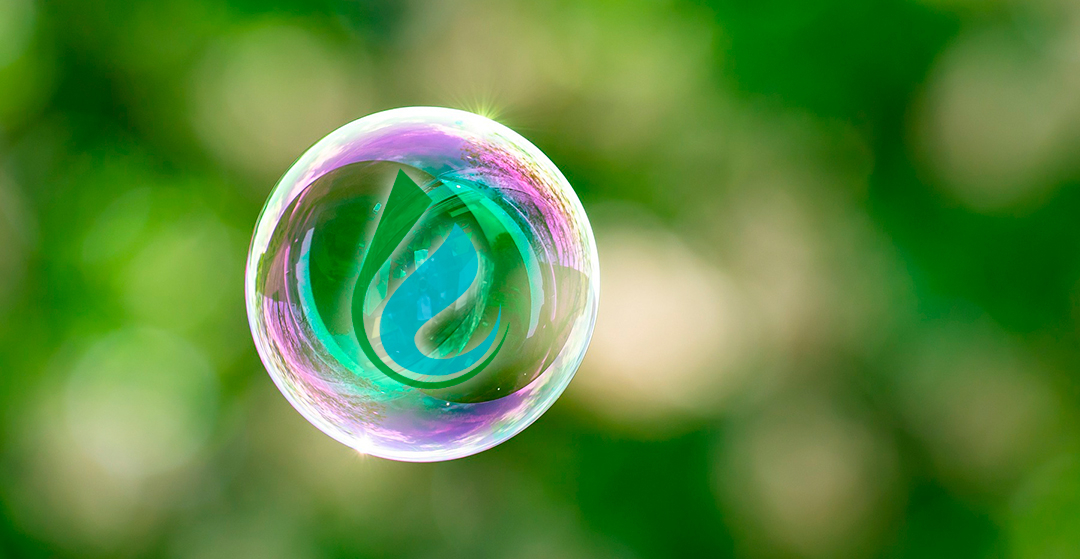
As we all know, detergent is an essential product in our daily life, which by being a mixture of various substances, has the chemical property of removing dirt or impurities, leaving surfaces clean, sanitized and even with a pleasant smell.
Thanks to the advancement of technology, you can currently find detergents in various presentations and formats.
The use of common detergents full of pollutants such as surfactants, nitrogen, phosphorus and ammonia cause great problems when discharged into bodies of water.
In wastewater treatment, one of the most difficult pollutants to treat is nitrogen and phosphorus residues from low-quality detergents. And these are the same two of the most polluting wastes when they are discharged into bodies of water.
This is because the presence of nitrogen and phosphorus in seas, lakes and lagoons promotes the growth of algae. The same that when dying, they consume all the oxygen available for fish and other forms of life, causing that aquatic life is completely eliminated.
Hence the importance of having biodegradable detergents. Especially in industries that use large amounts of this type of product such as the Hotel and Food Industries.

FEATURES
It is important to know what characteristics make a detergent biodegradable. As in so many other fields, there are detergents on the market that are presented in this way without actually being it.
Biodegradable detergents are those that contain surfactants that decompose or degrade in a short time in a natural way. Since they are consumed by nature itself and the microorganisms they contain, they take a short time to disappear, avoiding water contamination and accumulation in rivers or landfills.
In this way, with the commitment to products with biodegradable surfactants, ecosystems are much more preserved and biodiversity is not affected.
What's more:
. The consumption of water in solutions decreases significantly.
. Eliminate grease and dirt organically.
. They act at low temperatures.
. They are not toxic.
. They do not irritate the skin.




